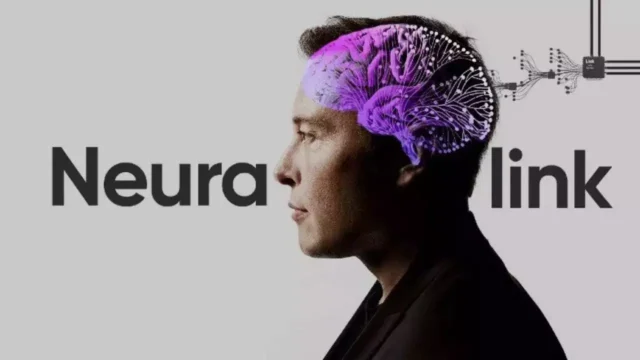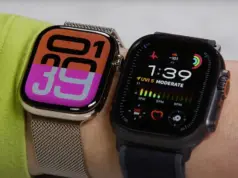
In an astonishing display of technological advancement, the first patient with a Neuralink brain chip has been showcased playing Mario Kart with nothing but his mind. This groundbreaking moment not only signifies a leap forward in brain-computer interface (BCI) technology but also offers a glimmer of hope for individuals with severe mobility impairments.
Key Highlights:
- Noland Arbaugh, a 29-year-old quadriplegic from Texas, is the pioneering participant in Neuralink’s PRIME Study, utilizing the brain chip to play video games and control devices mentally.
- Neuralink, spearheaded by Elon Musk, received FDA approval in May 2023 to proceed with human trials, marking a significant milestone in BCI development.
- The chip’s implantation involves threading electrodes into the brain’s movement control area, promising a blend of sophistication and safety.
- Despite prior controversies over animal welfare and procedural transparency, Neuralink’s human trials signify a potential paradigm shift in how we interact with technology.
Beyond Gaming: A Vision of Inclusivity and Innovation Noland Arbaugh’s interaction with video games using Neuralink’s brain chip is not just about advancing gaming; it’s a testament to the broader applications of BCI technology in enhancing the quality of life for individuals with disabilities. By enabling control over computers and possibly other devices in the future, Neuralink is paving the way for a more inclusive society where physical limitations are no longer barriers to interaction.
The Road Ahead: Ethical Considerations and Future Developments While Neuralink’s achievements are undeniably impressive, they also spark a dialogue about ethical considerations, research transparency, and the future of human augmentation. As Neuralink continues its PRIME Study and further refines its technology, the balance between innovation and ethical responsibility remains a critical conversation among scientists, ethicists, and the public alike.
The Neuralink brain chip’s ability to enable a quadriplegic patient to play Mario Kart with his mind is a remarkable testament to human ingenuity and the potential of technology to transform lives. As we stand on the cusp of a new era in human-computer interaction, the implications for accessibility, gaming, and beyond are profoundly exciting. With careful consideration of the ethical landscapes and a commitment to transparency and safety, the future of Neuralink and BCI technology holds unparalleled promise.










